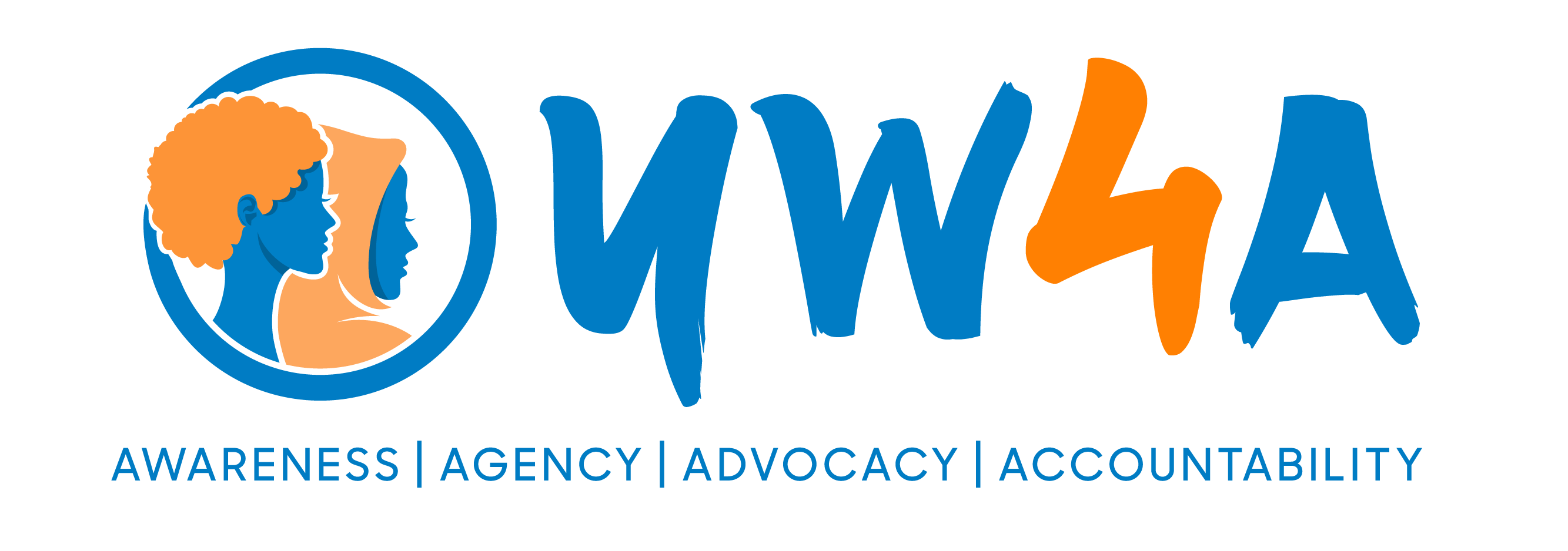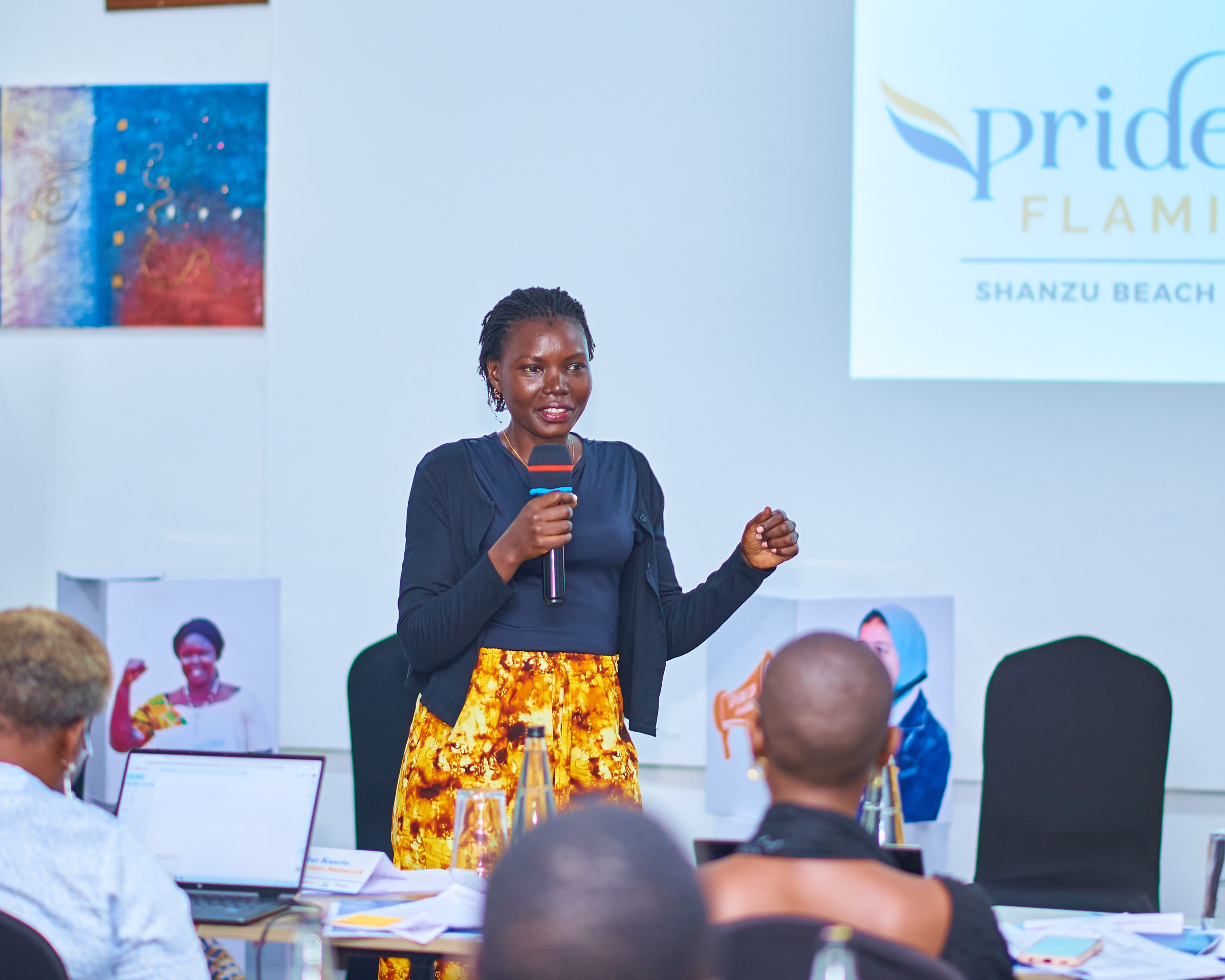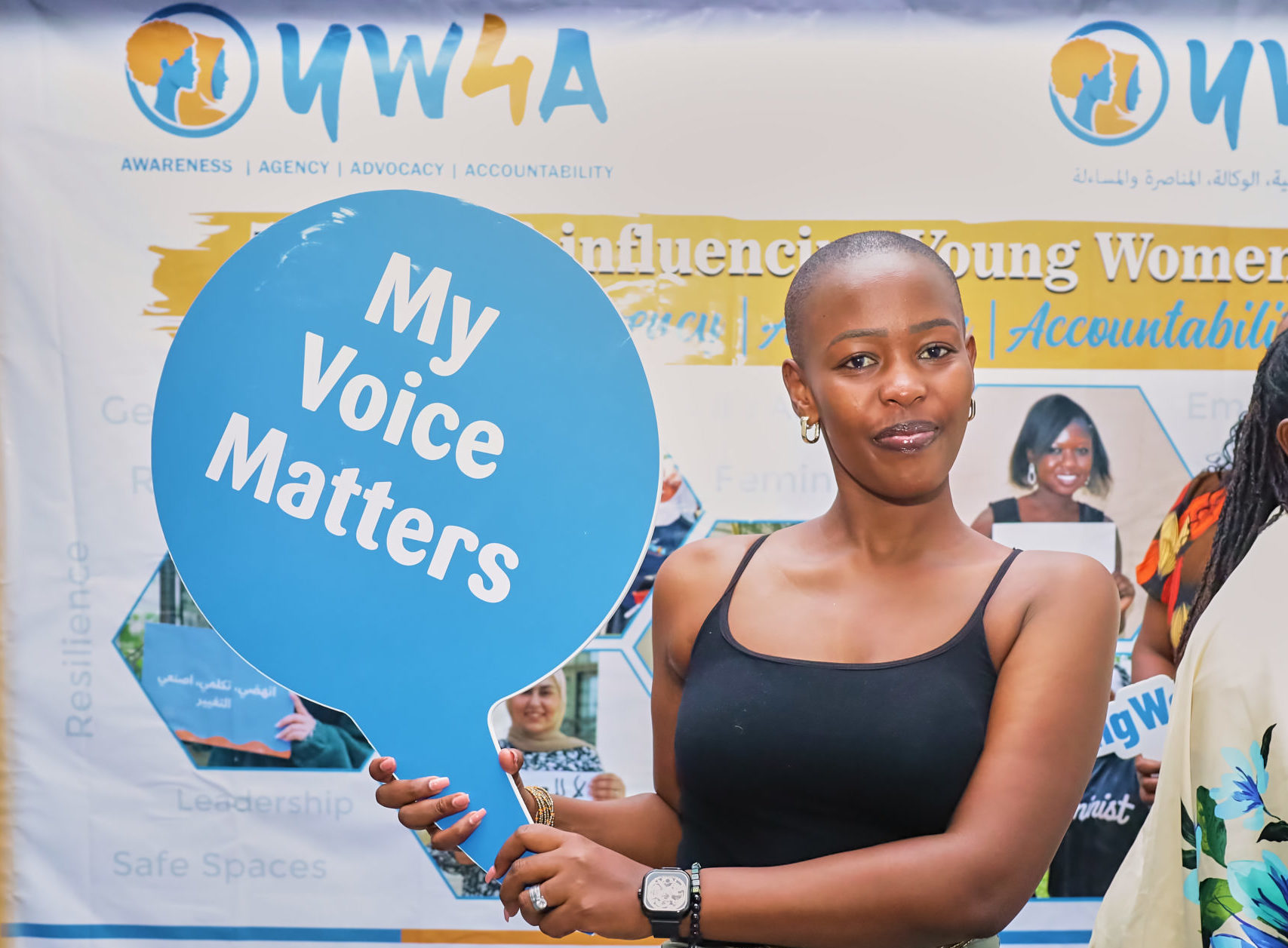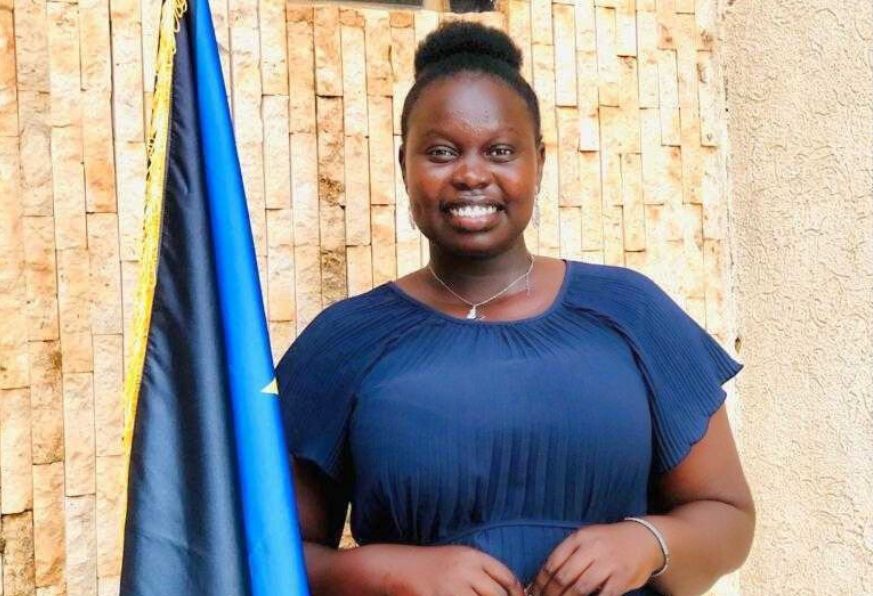Before joining the programme, I was shy and hesitant to take initiative. I cared deeply about women’s issues, but I lacked the tools and confidence to get involved in political work. In community meetings, I struggled to express my opinions and didn’t feel I had a platform to advocate for others.
The political and security landscape posed several obstacles. Restrictions on mobility, increasing occupation attacks, and the continuous military invasions into Palestinian territories created unsafe conditions for programme participants and staff. Additionally, individuals active on social media faced persecution, with some even being subjected to imprisonment. These risks compounded the difficulties of conducting advocacy work, particularly in the absence of an active Palestinian legislative council, which hindered efforts to amend, endorse, or repeal laws and policies. Furthermore, women’s rights remained a low national priority, limiting the programme’s ability to push for gender equality reforms.
Another major challenge was the lack of reliable statistics on gender-based violence (GBV), as accessing data in conflict zones proved extremely difficult.
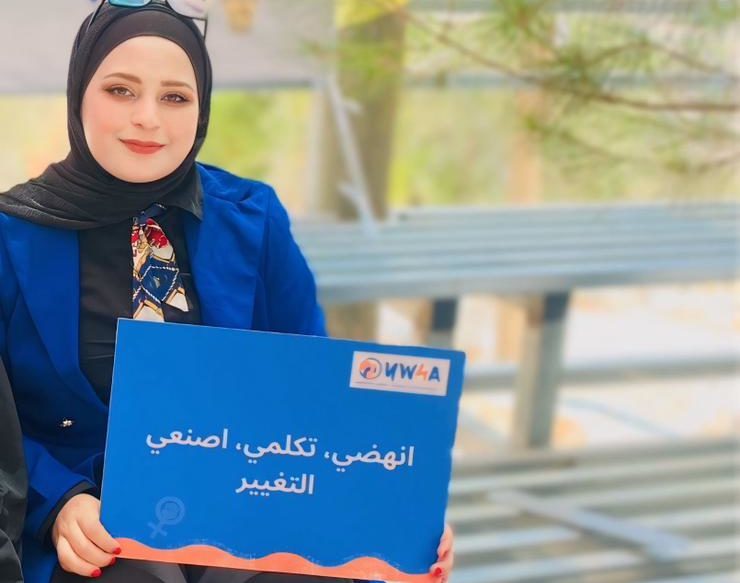
To overcome these challenges, the YW4A partners in Palestine adopted various innovative approaches to sustain their activities and advocacy efforts. In-person training and activities were converted into virtual meetings whenever possible, and a risk management plan was developed to address the challenges associated with programme implementation. Campaign objectives were revisited and updated to align with the shifting priorities under the programme. At the same time, communication protocols, such as WhatsApp groups, were established to provide real-time assessments of mobility and security conditions.
Recognising the risks associated with frequent travel, partners also delivered training on how to manage safe virtual meetings and, where necessary, organised in-person training with overnight accommodations to minimise the need for commuting through checkpoints. Additional budget allocations were made for transportation to ensure safer travel for participants. Moreover, specific initiatives and activities were strategically aligned with national priorities. For instance, the surge in domestic violence against women, exacerbated by the occupation’s aggression, highlighted the urgent need for legal protection, reinforcing advocacy efforts for the endorsement of the Family Protection Bill.
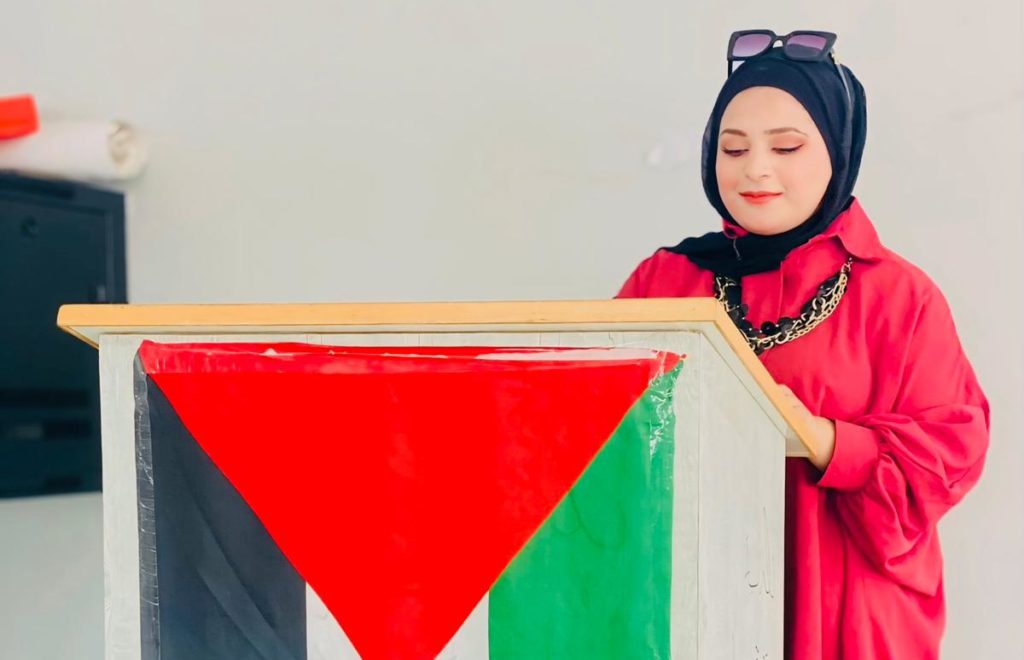
Given the challenges in accessing official GBV statistics, partners focused on strengthening documentation and data collection. Organisational capacity-building training sessions were held to improve the documentation of GBV cases, with analysis reports serving as critical evidence for national and international advocacy. In 2024, documented cases were transformed into media productions that supported advocacy campaigns. Additionally, Equality Now conducted training sessions on sexual and gender-based violence (SGBV) documentation, data-driven advocacy, and surveying, aiming to build young women’s capacity in these areas based on previous recommendations and feedback.
Engaging young women in national women’s rights coalitions remained a priority. Through the programme, young women were actively involved in the youth committee of Almuntada, contributing to the development of the national plan for the 16 Days of Activism campaign. Moreover, key advocacy activities were integrated into Almuntada’s national plans, allowing for a broader impact as coalition members collaborated to amplify these efforts.
Despite the challenges, these adaptive measures ensured that programme objectives remained relevant and actionable, strengthening advocacy efforts and reinforcing the role of young women in advancing gender equality in Palestine.
